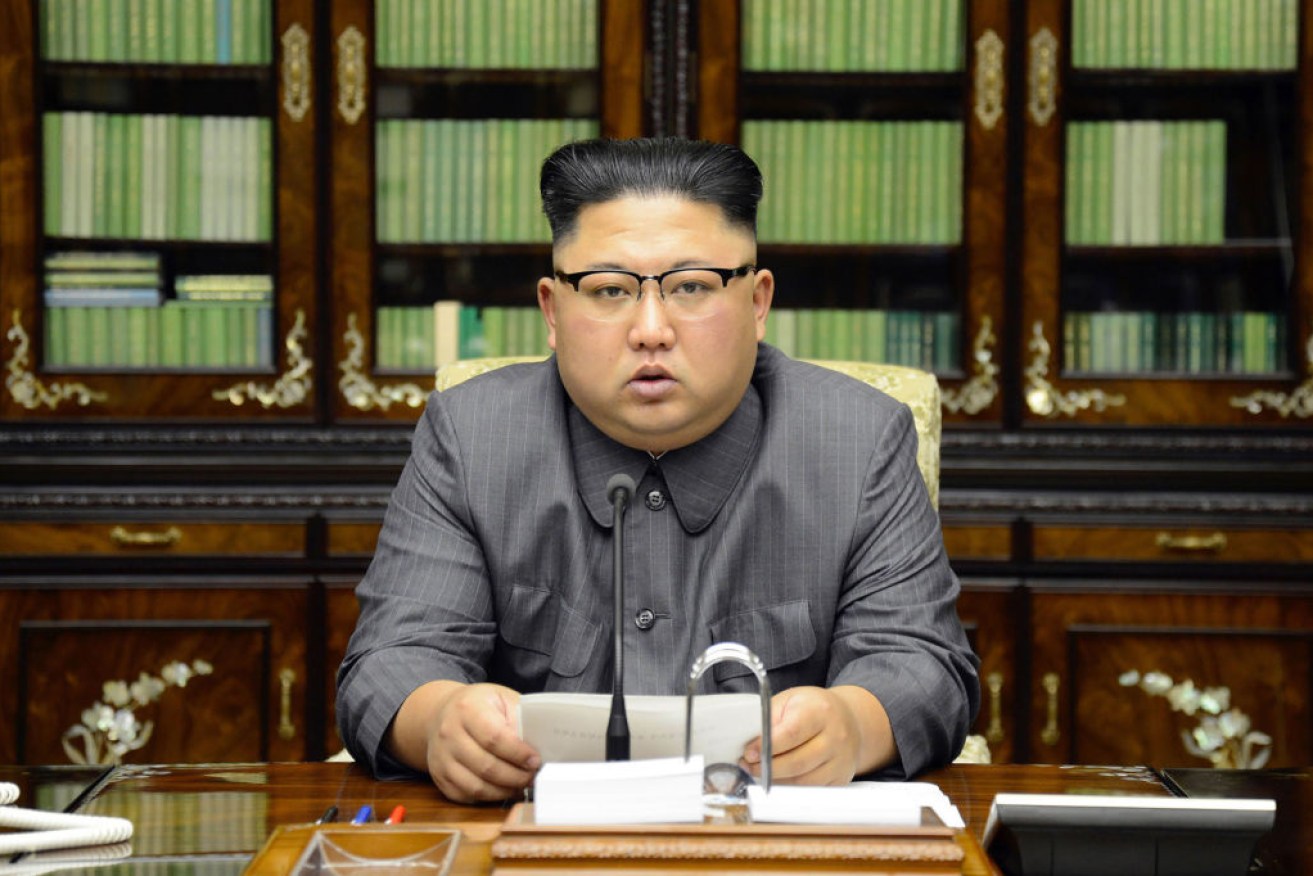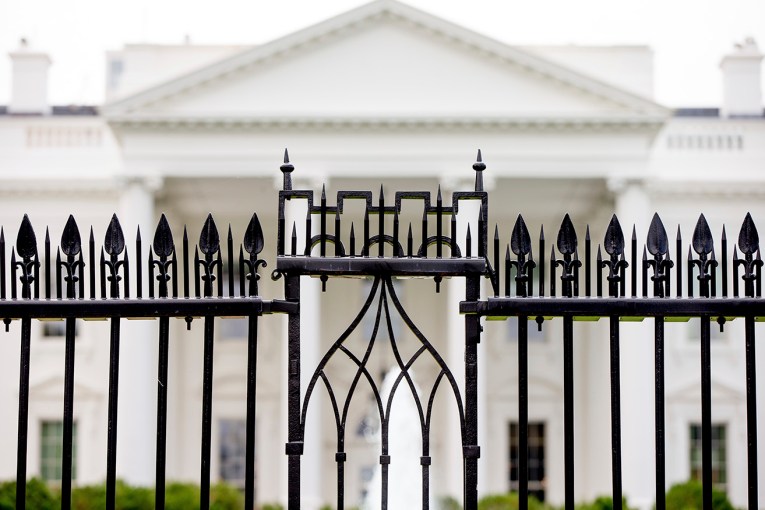North Korea: How businesses from Europe to Asia fund Kim Jong-un’s lavish lifestyle

Nuclear threats between N Korea's Kim Jong-un and US President Donald Trump have been unsettling for the global economic recovery. Photo: KCNA
North Korea has business interests in parts of Asia, Africa, the Middle East and even Europe that bring in billions of dollars for the regime, despite international sanctions aimed at curbing the country’s nuclear program.
An investigation that will air on Four Corners has revealed how these international businesses help fund the lavish lifestyles of leader Kim Jong-un and those close to him.
Former members of the regime and intelligence officers have described how Kim’s so-called “royal economy” works.
“Many have the view that North Korea’s actually extremely, extremely isolated from the international community, that it doesn’t have trade relations with the outside world, bar China, but the truth couldn’t be further from that,” defence analyst Andrea Berger said.
“North Korea is very sophisticated in concealing the fact that it is, indeed, North Korea doing business overseas. It’s good at hiding in plain sight.”
Office 39: The royal slush fund
North Korea has a mysterious government department, known as Office 39, that operates as a kind of royal slush fund.
“On paper Office 39 is just another department in the Korean Workers Party, but in practice Office 39 is the ultimate slush fund,” Ms Berger said.
“It mixes both illicit and licit activity and creates that kind of support internally in North Korea to keep the leadership and the elite happy.”
Office 39 is thought to bring in up to $1.6 billion a year for the Kim family.
Assassination in Malaysia exposes businesses
Earlier this year, the assassination of Kim Jong-un’s half brother, Kim Jong-nam, at Kuala Lumpur airport with the chemical agent VX, revealed a frightening new capacity for the dictator.
“Chemical agents, in general, used in a military context can be loaded into bombs, mines, mortars, that type of thing,” Hugh Gregg, from the Organisation for the Prohibition of Chemical Weapons, said.
“All chemical agents could kill huge numbers of people if it’s delivered effectively for their purposes.”
The assassination also exposed how deep the regime’s operations in Malaysia ran.
“Malaysia was regarded as a kind of window for North Korea to go abroad because Malaysia is a visa-free country for North Korea,” the former North Korean deputy ambassador to the UK, Thae Yong-Ho, said.
“It was a kind of paradise for North Korea to expand their business.”
What to do with North Korea?
With Pyongyang seemingly armed and dangerous, what can restless world leaders actually do?
It emerged that there had been more than 1,000 North Koreans living and working in Malaysia.
Many worked on road building and other development projects, but Ms Berger said North Korea also ran a military communications company called Glocom out of Malaysia.
“Glocom was a network selling military communications out of Malaysia, marketing arms and related material overseas, pretending to be a Malaysian arms manufacturer but, indeed, was behind the scenes in North Korea, selling its technology to parts of Africa, the Middle East and potentially South East Asia,” she said.
From Singapore to the UK: Cash for Kim

North Korea ran a military communications company out of Malaysia. Photo: KCNA
Ms Berger said North Korea’s business activity stretches as far as Europe.
“North Korea’s national insurance company was able to operate in the UK,” she said.
“It’s not believed that North Korea has strong links in the conventional sense to the United States, but we have seen that North Korea is able to access products from the United States of America.
“Kim Jong-un’s motorcade was armoured in the United States and then re-exported to North Korea without, seemingly, the knowledge of US Customs authorities.”
Kim Kwang-Jin, a former North Korean finance worker in Singapore, said the insurance company he worked for sent money directly to the Dear Leader.
“That is Kim family economy. They are making foreign cash from these businesses,” he said.
“We make money and withdraw $US20 million cash every year for Kim Jong-il’s birthday. So we keep them, count them and put them in 20 boxes, $US1 million each.
“It was regarded as one of the best, profitable organisations in North Korea, in Pyongyang. And we benefit, you know, enjoyed benefit for that.”
Despite the international community announcing tougher economic sanctions to address Kim Jong-un’s nuclear program, the regime’s businesses have continued to operate overseas.
“I would say that UN sanctions on North Korea are like an expanding sieve. No single one of the sanctions measures that have been put in place against North Korea at the UN level enjoys robust global implementation,” Ms Berger said.
“If China systemically implemented the sanctions at the UN that it has agreed to that would be a huge step forward but, actually, it’s not just China that’s important here.
“There’s so many countries around the world that have those North Korean business communities, that have those political ties still to North Korea that aren’t using the leverage that they too have.”








